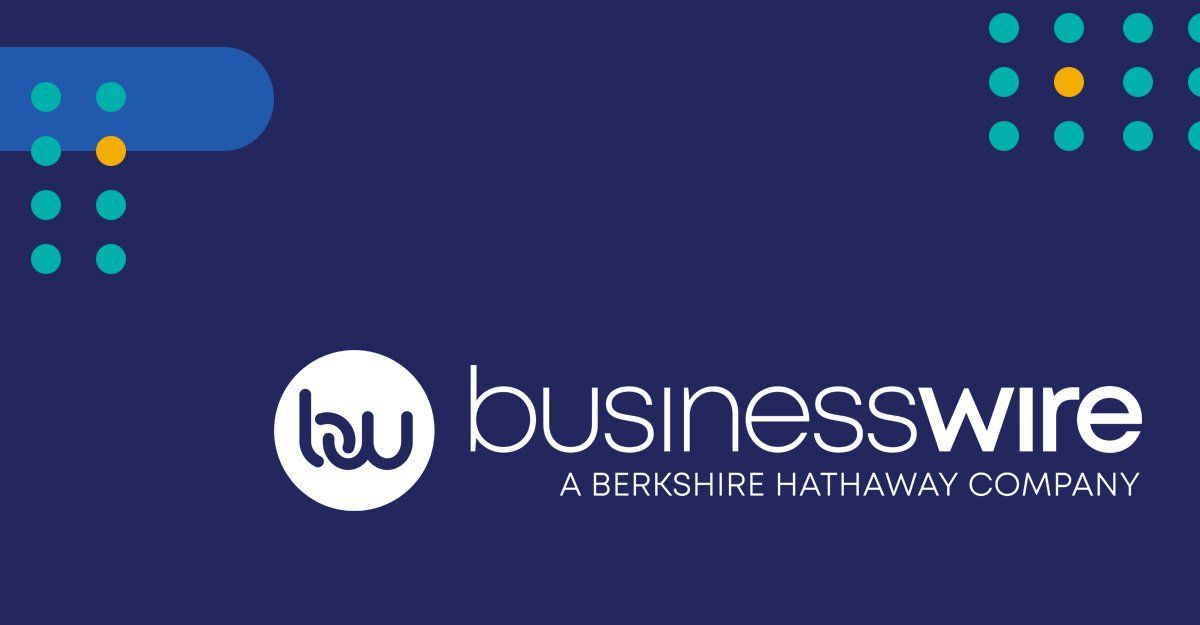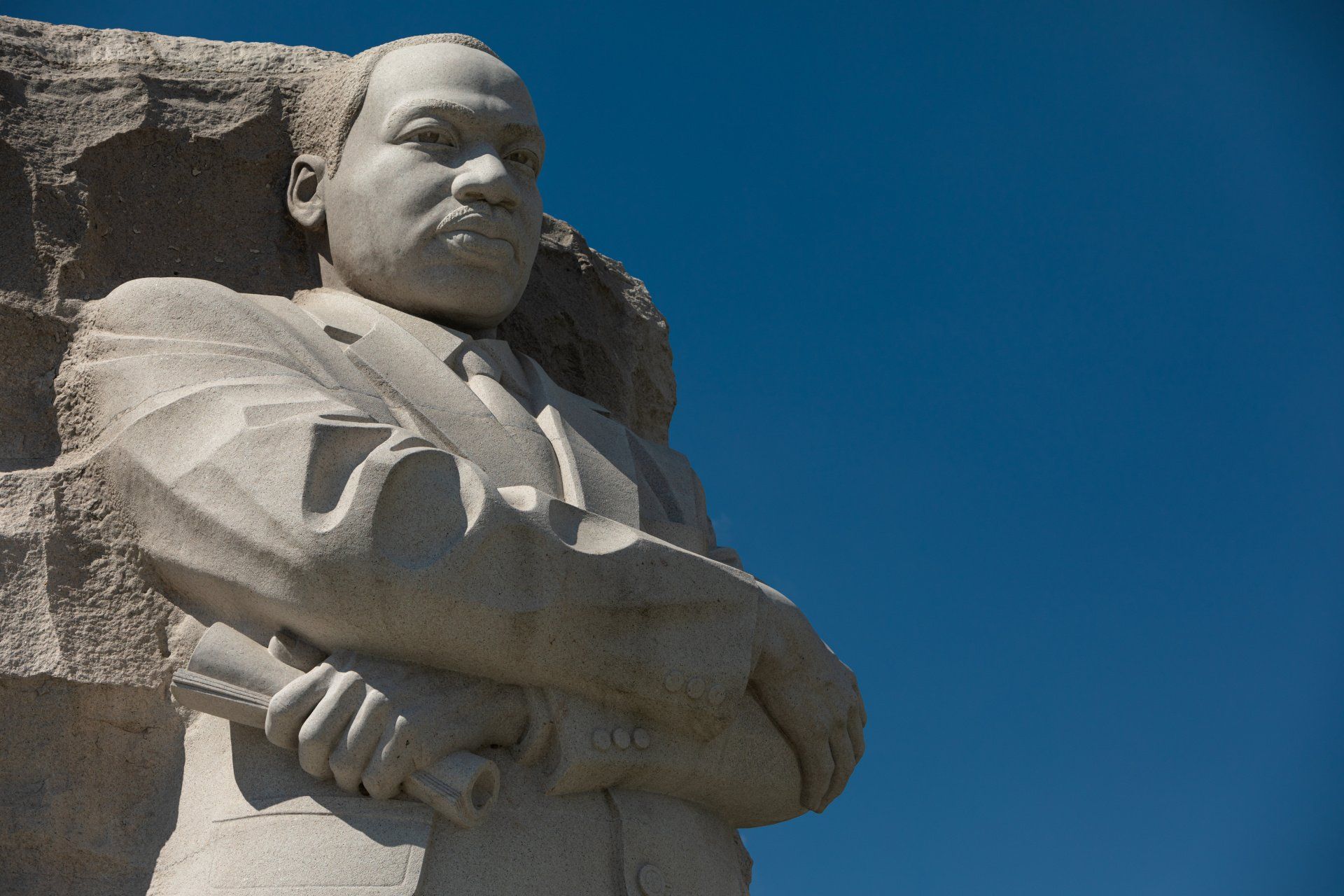Blog Layout
New Initiative for Net Zero Endowments
May 13, 2021
Leading Higher-Education Institutional Investors to Guide New Initiative for Net Zero Endowments, Targeting 50 Endowments Over Two Years

A group of seventeen leaders from higher education endowments, investment consultants, asset managers, and nonprofit partners have joined together as a steering committee to guide a new Net Zero Endowments initiative hosted by the Intentional Endowments Network (IEN).
After groundbreaking commitments from institutions like Harvard, Stanford, Michigan, and Penn over the last year, IEN aims to accelerate the adoption of Net Zero Portfolio commitments to fifty endowments over the next two years.
What Is Net Zero?
A commitment to Net Zero means committing to transition the investment portfolio to net-zero GHG emissions by 2050 consistent with a maximum temperature rise of 1.5°C above pre-industrial temperatures, taking into account the best available scientific knowledge including the findings of the IPCC, and regularly reporting on progress, including establishing intermediate targets every five years in line with Paris Agreement Article 4.9.
The Net Zero Endowments initiative will serve as a bridge between higher education endowments and the growing field of net zero investing. IEN members will participate in peer learning and partner with other initiatives for shared resources, events, and actions, including the Net Zero Asset Owners Alliance and the Net Zero Asset Managers Initiative.
Intersection of Climate Change and Inequality
The group will also focus on the intersection of climate change and inequality.
“A top priority in this work is to ensure that Net Zero commitments are made through a justice and equity lens,” said Georges Dyer, Executive Director of IEN, and coordinator of the new Steering Committee.
“As investors work with the companies they own to provide more value while using less energy and resources, to shift renewable energy and circular business models, we must ensure that people of diverse identities and experience are making investment decisions, and that investments address past environmental racism, avoid extractive practices, and better serve low-income communities and communities of color.”
Share
Tweet
Share
Mail
Thoughts from Henry Lancaster II

02 Mar, 2022
There is a phrase I am sure many of you have heard at one time or another: “hope springs eternal.” Another way to put it is a famous literary query “if Winter comes, can Spring be far behind?” Sixty-five years ago this May 17th, na-tional civil rights leaders called for a rally on the steps of the Lincoln Memorial hoping to get the federal government to fulfill the promise of the Brown v. Board of Education decision with supporting enabling legislation (more specifi-cally the Civil Rights of 1957 which, by the way, was filibustered to defeat by Senator Strom Thurmond). A very young Martin Luther King, Jr. joined the litany of presenters that day as the last speaker. The very young King noted that the monumental Brown decision was met with opposition in open defiance from many states. One form of opposition he addressed was “all types of conniving methods that are still being used to prevent Negroes from becoming registered voters.” He stated that the “denial of this sacred right is the tragic be-trayal of the highest mandates of our democratic tradition.” The defenders of voting rights today echo the same message in their challenges to restrictions being legislated al-most daily across the country. Decades before King, American writer and bard, James Weldon Johnson, wrote about democracy in America stating that “[t]his country can have no more democracy than it accords and guaran-tees to the humblest and weakest citizen.” Both King and Johnson spoke of the fulfillment of the American govern-ance experiment as having to be inclusive and non-judgmental. They more than intimated that America cannot suc-ceed if it does not allow all its citizens to have a voice. King stated, “Give us the ballot, and we will no longer have to worry the federal government about our basic rights. Give us the ballot, and we will no longer plead to the federal government for passage of an anti-lynching law; we will by the power of our vote write the law on the statute books of the South and bring an end to the das-tardly acts of the hooded perpetrators of violence. Give us the ballot, and we will transform the salient misdeeds of bloodthirsty mobs into the calculated good deeds of orderly citizens. Give us the ballot, and we will fill our legislative halls with men of goodwill and send to the sacred halls of Congress men who will not sign a “Southern Manifesto” because of their devotion to the manifesto of justice. Give us the ballot, and we will place judges on the benches of the South who will do justly and love mercy, and we will place at the head of the southern states governors who will, who have felt not only the tang of the human, but the glow of the Divine.” Arguably, the United States Constitution was intended to be the beginning of a nation’s evolution not a marker in time to fit the interests of those “in charge” at the time. I say arguably because so many of the founding fathers and their successors were purveyors of our country’s original sin. Contradictions have ravaged our past. But over time however, amendments have been adopted to right the wayward ship. And it is those amendments that have ex-panded the nation’s contract with its citizens that all men are created equal and are endowed with inalienable rights to life, liberty, and the pursuit of happiness. Voter suppression is hands down a breach of that contract. If one’s Second Amendment right to bear arms is con-sidered untouchable so should be another’s right to participate in structuring their governance. That is, a voter has the right to enter a polling place with the expectation that their vote can and will make a difference. If that voter is left with the impression in any way that the exercise of the right is mathematically insignificant for any reason other than their inability to rally like minded voters, then a breach has occurred. A breach of that magnitude is un-American. If hope truly springs eternal, it is because each election season has meaning for more than a privileged few. (References to Dr. King can be found at the King Research and Education Institute at Stanford University)
